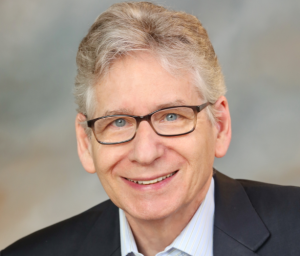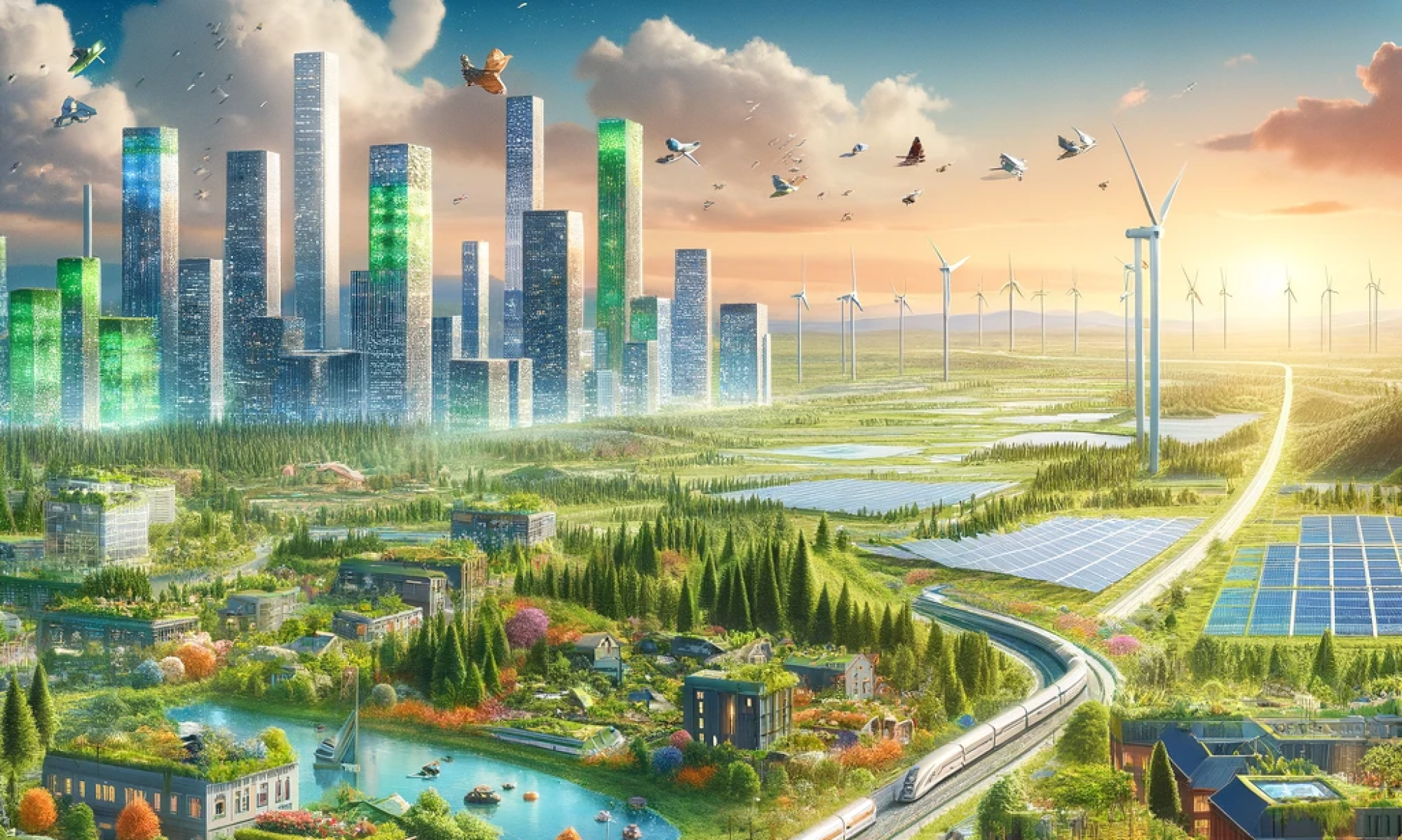Meet our experts: Edward R. Saltzberg

Edward R. Saltzberg, Ph.D., holds multiple esteemed positions within the environmental and energy sectors. He is a co-founder and the Executive Director of the Security and Sustainability Forum (SSF). Additionally, Dr. Saltzberg serves as the President of ERS Advisors, a professional services firm offering business acquisition and educational services tailored to government contractors and environmental organizations. He is also the Director of Professional Education at the Environmental and Energy Management Institute, part of the School of Engineering and Applied Science at George Washington University. The SSF is a public interest organization that brings together global experts in online forums to discuss the threats posed to society by disruptions in natural and human systems, including climate change. With over 25,000 members, SSF attracts a diverse group of professionals from fields such as sustainability, energy, business, finance, risk management, policy, and governance, covering a broad range of topics.
Humans have done a very poor job managing this side of our relationship with the Earth. We have overconsumed with little respect for the consequences. Our human nature, on the one hand, is very giving and loving, but on the other hand, it can be very selfish and take the earth’s bounties for granted. Our nature has been to continue a behavior if the consequences don’t affect us directly or immediately. This is the free rider problem, such as when the polluter is not held responsible, and pollution becomes a free input to production, and polluting makes money.
But we can’t avoid a two-way street with the earth. The earth has a great regenerative capacity and can absorb man’s impact, up to a point. As we have known for decades, continually taking the earth for granted gets to that point where something has to break, like the climate or healthy soils. So, maintaining a place for humans on the earth means caring about sustainability and biodiversity, and equitable allocation of resources, circularity in the economy, and reducing our negative footprint on the earth. The earth’s going to survive over the millennium, but it may be a different biological mix. Humans could become just another failed biological experiment like the dinosaurs. This is something to think about. The dinosaurs, that failed experiment, lasted 140 million years.
Humans have only been around for a few million years. The earth is going to continue unconcerned even if the current dominant species snuffs itself out. We don’t want to be dinosaurs. What we do now will determine if humans are still walking the earth as long as they did.
